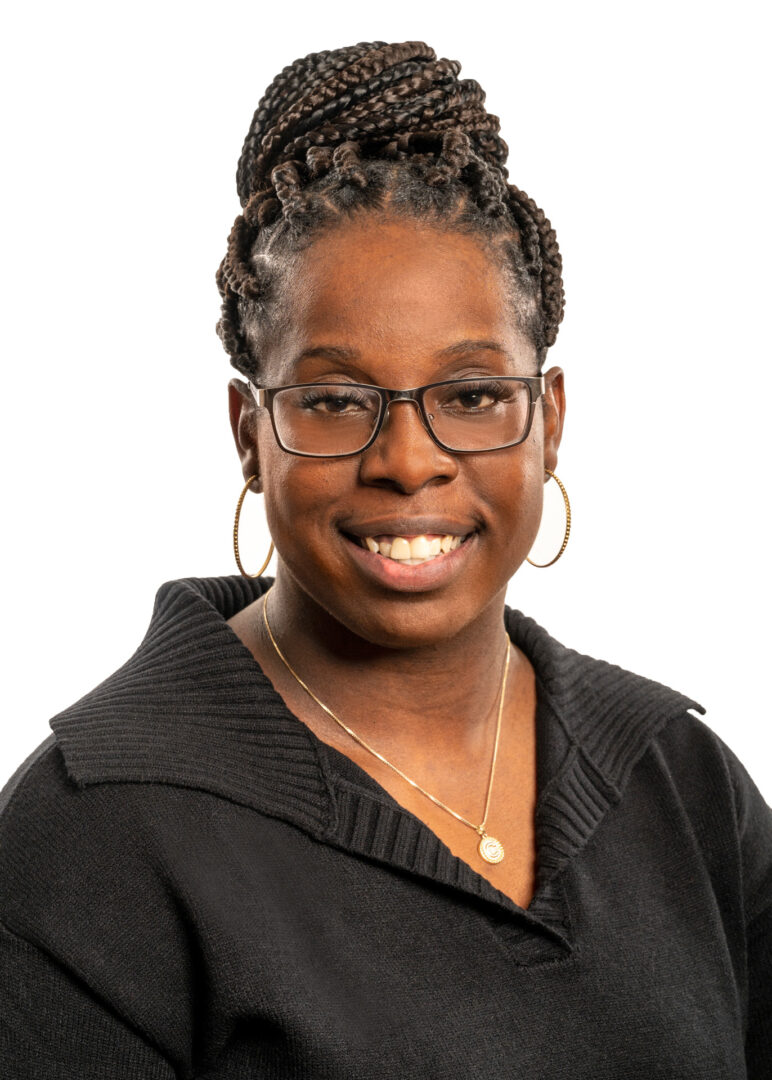We caught up with the brilliant and insightful Kristen Stockton a few weeks ago and have shared our conversation below.
Kristen, so many exciting things to discuss, we can’t wait. Thanks for joining us and we appreciate you sharing your wisdom with our readers. So, maybe we can start by discussing optimism and where your optimism comes from?
My optimism is rooted in child-like creativity, where I could imagine, through experiential play, solutions that solved challenges. As I was growing up, I was very physically challenged. A growth spurt left me awkward and taller than almost everyone. It was a problem, and the solution was hope. In a way, my physicality could have value and worth. My mother enrolled me in modeling classes, which taught me poise and manners and boosted my confidence. It was a creative way for me to experience a new way of seeing myself. This was my first competitive advantage and introduction to diversity–although it had a different vocabulary than we used in the 80’s.
Growing up in our Christian home, our faith naturally gave us hope. We anchored our hope and trust in what we couldn’t see. That grounded our thinking in always looking for hope, which is the beginning of optimism. How to build that mindset based not on current circumstances but with creative imagination–asking the questions, What if?
And so that has translated into moving through difficult transitions throughout my life and career with a genuine optimism rooted in hope, anchored by faith.
As a result, I look at situations through that broad open view of what is possible and find a way to create solutions regardless of how it looks at present. The benefit is a curious, growth mindset. I bring that to the companies and individuals who want to partner with me to solve their challenges.
Thanks, so before we move on maybe you can share a bit more about yourself?
I’m really focused on leadership transformation. We live in a complicated world that often feels like we are on a treadmill.
I use coaching to partner with executives and career professionals to help them seek strategies to stay centered, reduce stress, deepen their relationships, and restore their personal and professional lives from years without a clear path.
Often, leaders struggle with different aspects of their lives that they have hidden for years. An event moved them on a path that perhaps was not their dream for themselves, and then they find themselves one day, wondering who they really are, not living the life they thought they would.
They may have amassed wealth and yet feel empty. They may be cycling up a professional ladder and feel they have lost a sense of who they are. They may have suffered from trauma or been overwhelmed by relationship challenges they never really dealt with and then find themselves triggered at work and unable to perform.
Whatever the current situation and how they got here, they feel frustrated, hopeless, and “unseen,” like they are “hiding in plain sight” on purpose.
I journey with them through coaching and retreats to help them restore and reset. That is where my optimism shines through my work as a coach.
I’ve recently launched a coaching program called RESTORE. It’s unique in that it combines self-paced discovery, 1:1 coaching, mastermind gatherings, and a retreat. It’s for individuals committed to bringing hope, love, and freedom back into their lives. It’s a body, mind, and spirit journey using the seven elements of the RESTORE framework.
It provides practical strategies to integrate your career ambitions with personal well-being harmoniously. The participants are a carefully curated group between 6-12 women or 6-12 men (not co-ed) who aspire to work on healing and restoration over a 7-month journey. We start with a 45-minute complimentary session to see if we are a good match and if this strategy fits.
If you had to pick three qualities that are most important to develop, which three would you say matter most?
The three most important qualities, skills, and areas of knowledge most impacting my journey are humility, integrity, and servant leadership.
Humility shows an individual their value and how they fulfill all they were meant to be–not to be more than that or less than they were meant to be. It’s owning who you are, realizing your value and worth without shame, and not shaming yourself to be less than who you were created to be.
Integrity is doing what is right and following through on your commitments–admitting faults and forgiving yourself and others without judgment.
Servant leadership is about realizing that we create unity with others to work and partner together. We give of our talents and skills to help others grow.
Alright so to wrap up, who deserves credit for helping you overcome challenges or build some of the essential skills you’ve needed?
My husband Jerry has been most helpful in overcoming challenges and building and developing these skills. We partner together in serving others in our consulting practice. I have a safe space with him to be myself, and we learn from each other. He supports me in all endeavors. We can call each other out on things that need to be changed. He invests in my development, helps my ideas, and gives me opportunities to step out of my comfort zone.
Contact Info:
- Website: https://www.jaskapconsulting.com
- Linkedin: https://www.linkedin.com/in/kristenstocktonexecutivecoach/








